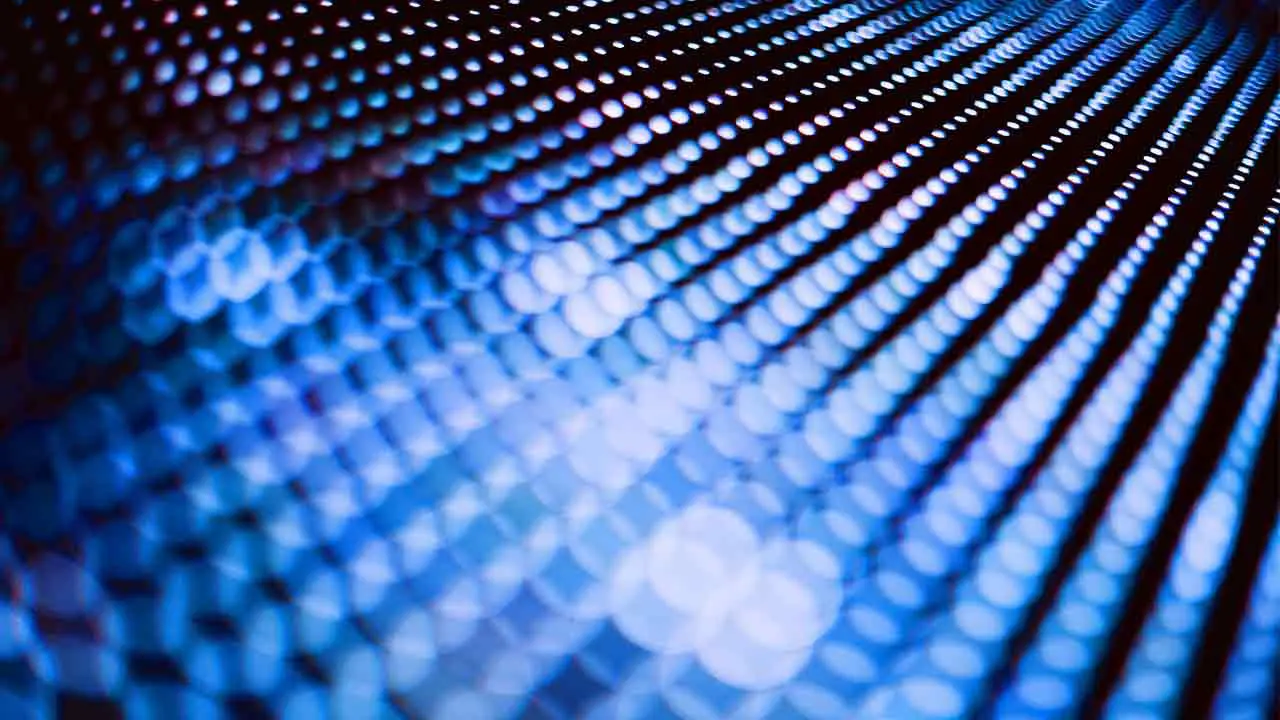A group of researchers from Russia and the U.K. have discovered that electron chirality in graphene impacts current flow. The team’s paper, which was published in the journal Nature Physics, explains how the group detected and measured the impact of chirality in graphene. The researchers suggests that this discovery could lead to better tunneling electronic devices and new chiralitic electronics.
“Electrons and other particles have a property that is called chirality, where they exist as being either left or right-handed. In addition, when they exist in an electronic state, it can also be defined as chiral,” according to Phys.org.
“In this new experiment, the researchers found that the chirality of electrons can have an impact on current flow—they made this discovery by creating a small testing material made of a sheet of four atom thick boron nitride placed between two sheets of graphene. This setup allowed for creating a very controllable type of current flow—when voltage was applied to one of the sheets of graphene, it tunneled its way through the boron nitride to the other graphene sheet where it could be removed. That allowed for noting the right or left-handedness of the electrons as they tunneled through the borone nitride sheet and the states they ended up in. The researchers note that right-handed electrons tended to prefer to make it to right-hand states and vice-versa for the left-handed electrons,” according to Phys.org.
The team was able to see the chirality of the tunneling electrons by applying voltage. They were able to measure the impact on current flow and also found that when a magnetic field is applied at a ninety degrees angle to the material, they can measure the impact even better.
“Doing so served to quantize the motion of the electron, which showed up on a measuring device as energy levels that were unequally spaced apart—a ladder effect. Doing so allowed them to demonstrate that spin, energy and momentum were all conserved in the tunneling process, as was their chirality,” researchers noted.




